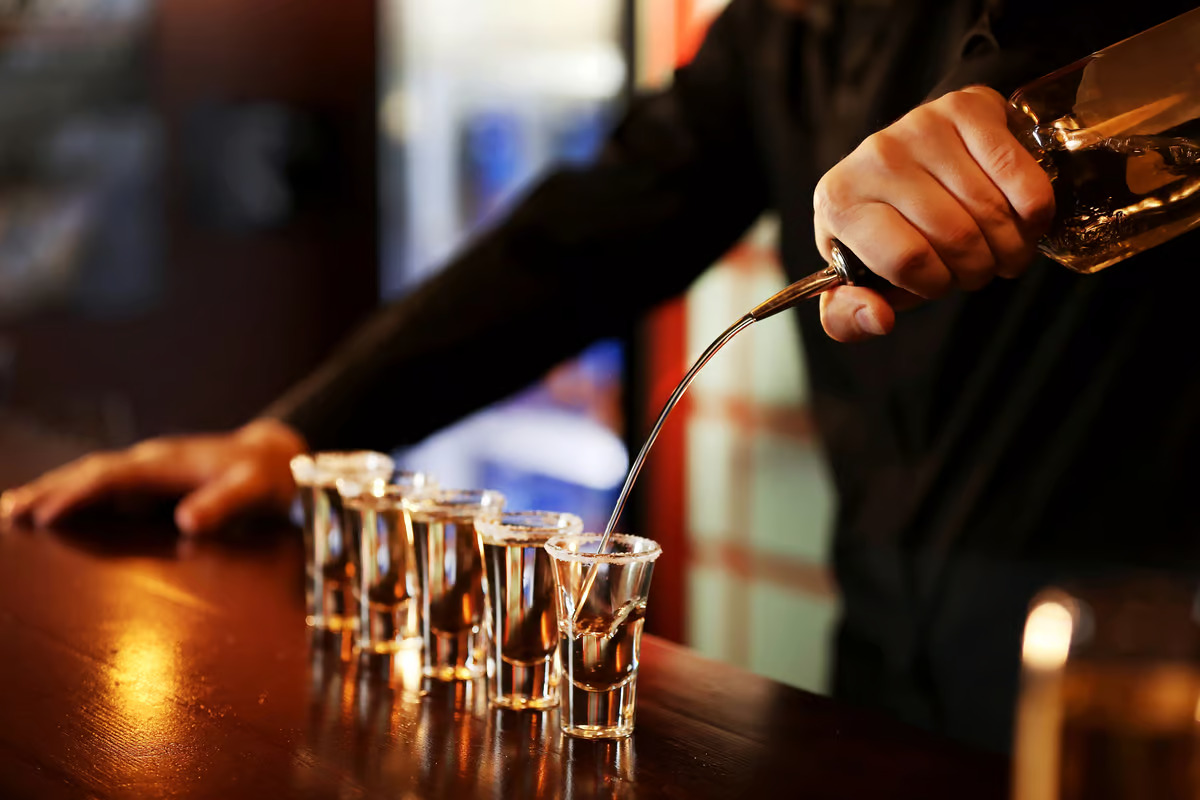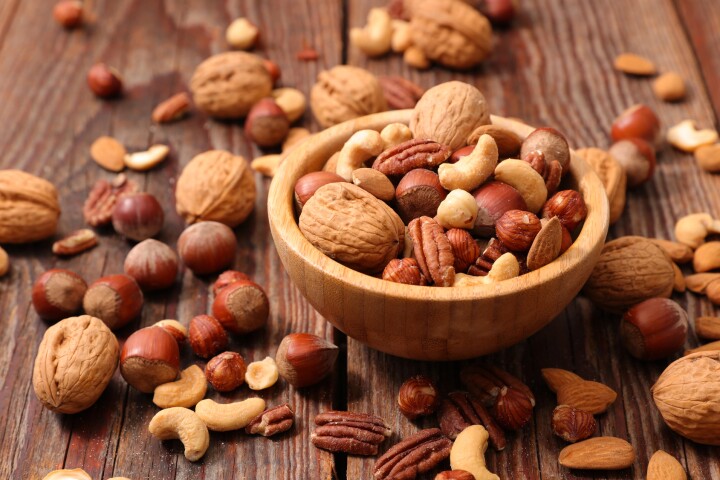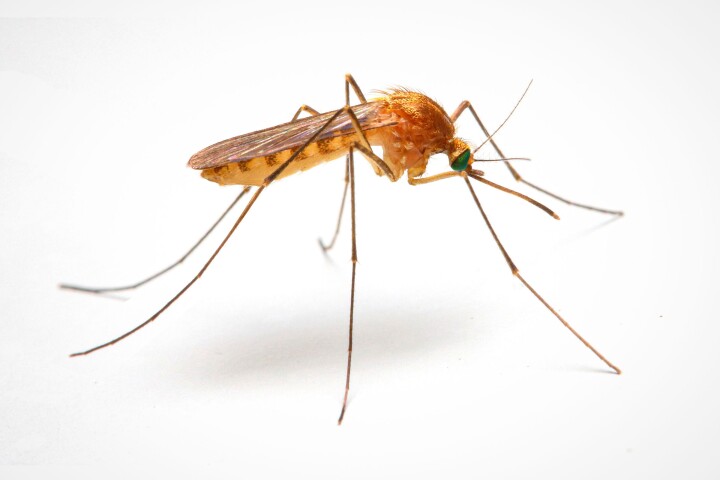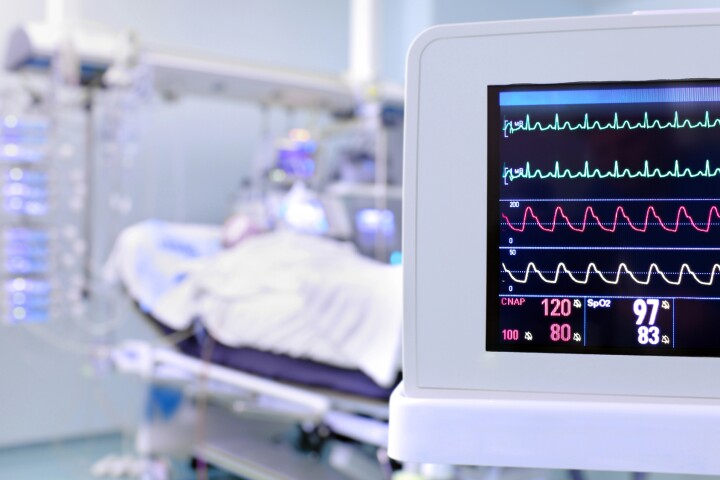 While it may be too late to prevent binge drinking for many of us, this discovery can inform treatments to ideally reverse the damage. Depositphotos –
While it may be too late to prevent binge drinking for many of us, this discovery can inform treatments to ideally reverse the damage. Depositphotos –
The University of Pennsylvania (Penn State) researchers found that binge drinking in your 20s can result in permanent dysregulation that resemble the faulty neuronal information transmission seen in people with cognitive decline. It was the same in both male and female brains.
“We know from previous studies that there are immediate effects of binge drinking on the brain, but we didn’t have any sense of if these changes were long-lasting, or reversible over time,” said Nikki Crowley, an assistant professor and director of the Penn State Neuroscience Institute. “We were interested in understanding if binge drinking during early adulthood may have lasting consequences that are not revealed until later in life – even if drinking had stopped for a very long period of time. This allows us to consider the effects of alcohol on an individual’s holistic health, in terms of their entire life history.”

In the study, the team cycled mice through a “voluntary” binge drinking plan, in which the animals were given access to ethanol diluted in water, before water was taken away on the fourth day to mimic the binge event. The ethanol’s blood-alcohol levels were boosted by having them drink in the dark; a control group was housed separately and experienced the same regimen, just with water alone.
This was repeated for four weeks on eight-week-old mice, which in human years equates to early adulthood. Then, they were back on water for nine to 12 months, when they reached middle age – so around late-30s to mid-40s in humans.
“Because mice have a shorter lifespan than humans, but otherwise share a lot of their physiology, we can use them as a model to address important public health questions faster than we can in humans,” Crowley said. “We can also perform experiments in a controlled laboratory setting that allow us to explore what is happening mechanistically at the cellular and molecular level, a depth that would not be possible in human studies. In this case, we can understand what alcohol is doing to the brain in isolation, without all the social stress and environmental factors that humans are dealing with.”
The middle-aged mice were then exposed to whole-cell patch-clamp electrophysiology to see what impact this early-life binge drinking had on signaling molecules (neurotransmitters) between two types of neurons in particular, pyramidal and GABAergic.
“Pyramidal neurons are excitatory neurons found throughout the brain, and heavily in the prefrontal cortex; they act like the gas pedal for the brain and encourage activity, whereas GABAergic neurons are inhibitory neurons that act like the brakes,” Crowley said. “It’s important for the gas and the brakes to be balanced and flexible to execute complicated cognitive tasks, and we know this balance can go awry for various reasons – including in neurodegenerative diseases like Alzheimer’s disease and related dementias. We wanted to know if alcohol consumption could be a potential cause of that.”
What they found was that even with long periods of abstinence, the impact of early-years binge drinking sessions could still be seen in these specific neurons, particularly in their compromised ability to relay information to each other.
“The intrinsic excitability, a proxy for how readily a neuron can talk to other neurons, of pyramidal neurons was changed so that it was harder for them to communicate,” Crowley said. “We can think of this like how hard you need to press down on the gas pedal to get that car going; drinking alters this threshold so that more pressure is needed. It wasn’t as easy for the pyramidal neurons to engage.”
What’s more, the “go” neurotransmitter glutamate was found to be more actively signaling to GABAergic neurons – a dysregulated behavior that is also seen in dementia-related cognitive decline.
“In our study in mice, we found that even after a six-month break from drinking, equivalent to approximately a couple of decades in human years, we could still detect the negative impacts of binge drinking on neuron regulation,” Crowley said. “While some changes to the neurons revert to normal after drinking stops, there are several long-lasting effects of binge drinking in young adulthood.”
However, it’s not all doom and gloom here. These findings will make it easier for researchers to target these neurons, in an effort to boost their functions. The team is looking to use the protein somatostatin to repair the damage caused by the binge use of alcohol.
“These studies provide important biological and mechanistic insights into how alcohol as a pharmacological agent chronically alters brain signaling in the aging brain even following protracted abstinence,” the researchers noted in the paper. “A promising avenue of future work and potential treatment explorations will be to correlate the neurophysiological changes seen following midlife alcohol exposure with behavioral assessments of cognitive decline.”
The study was published in the journal Neurobiology of Aging.
Source: The Pennsylvania State University
–
Tags
–























